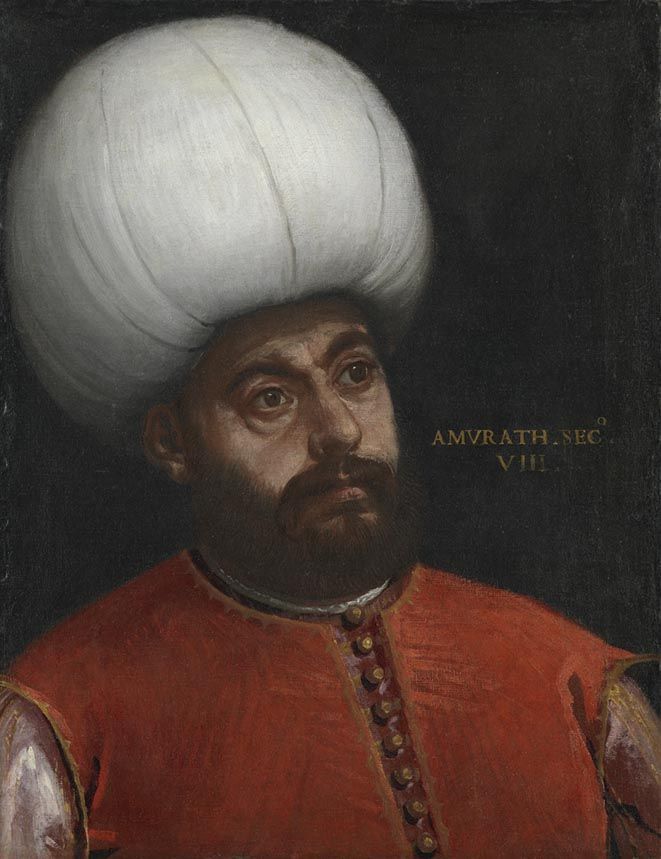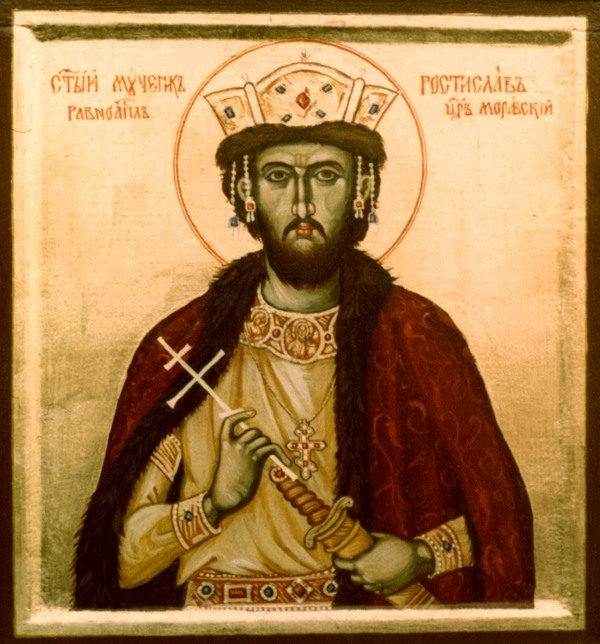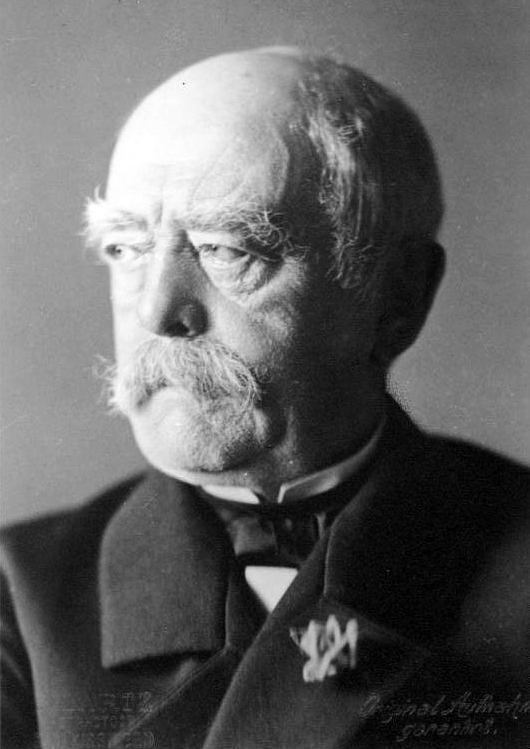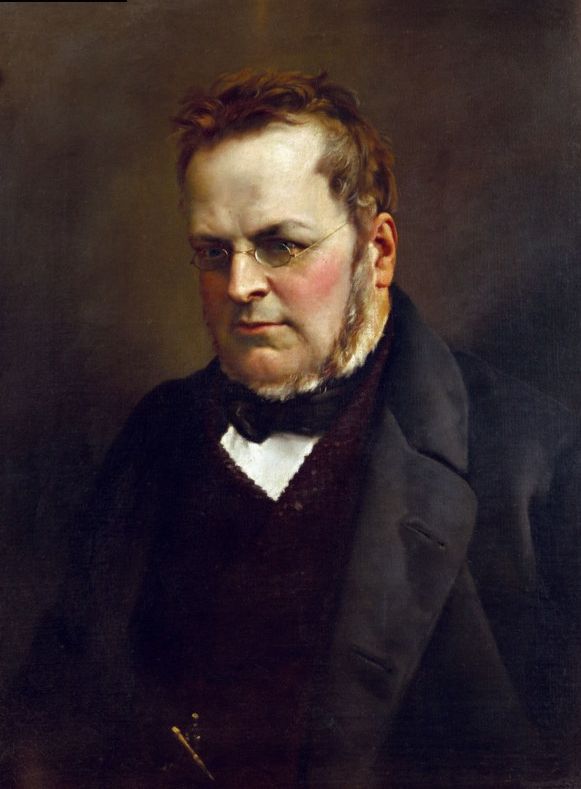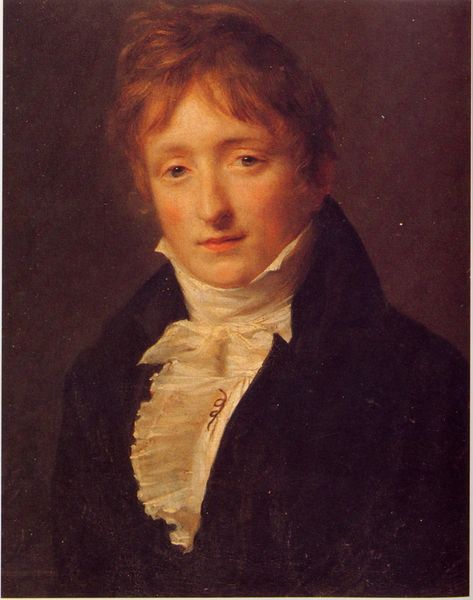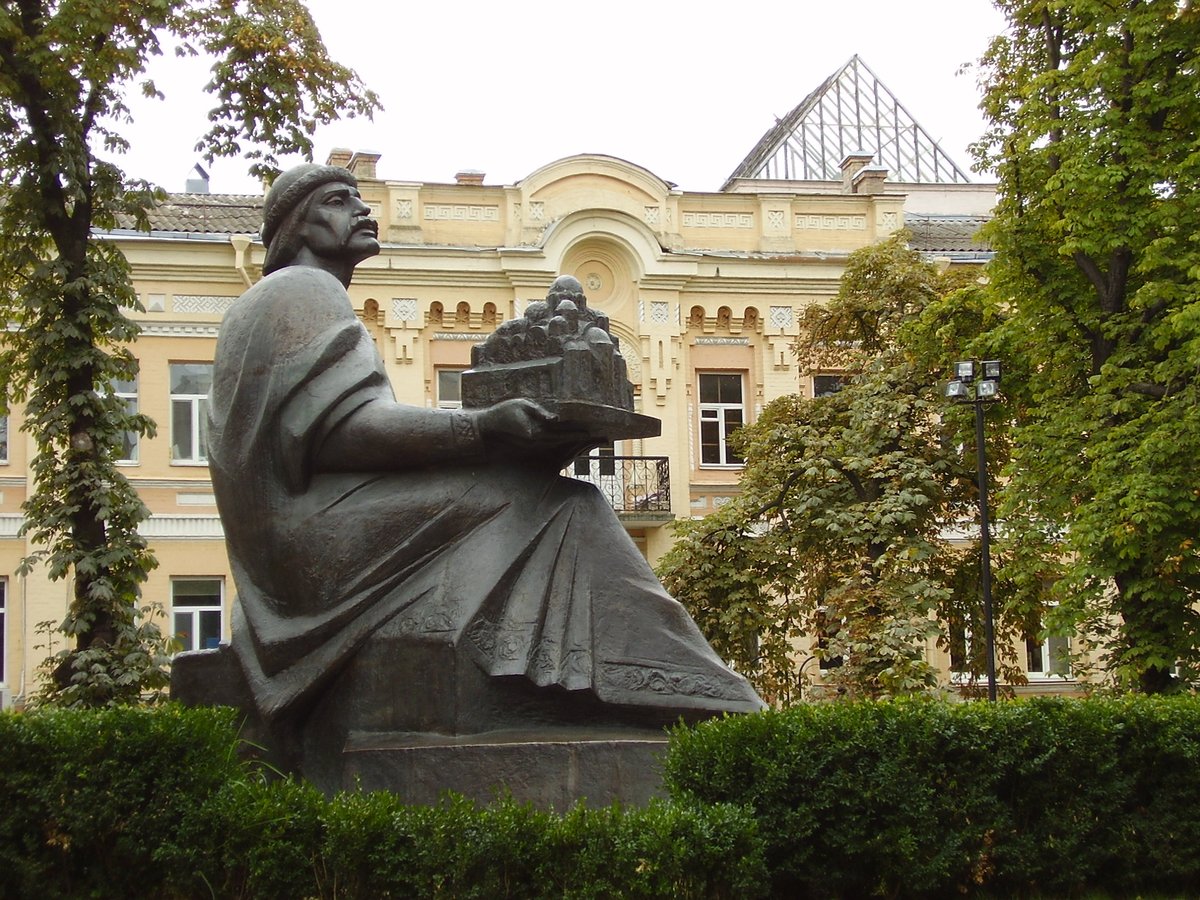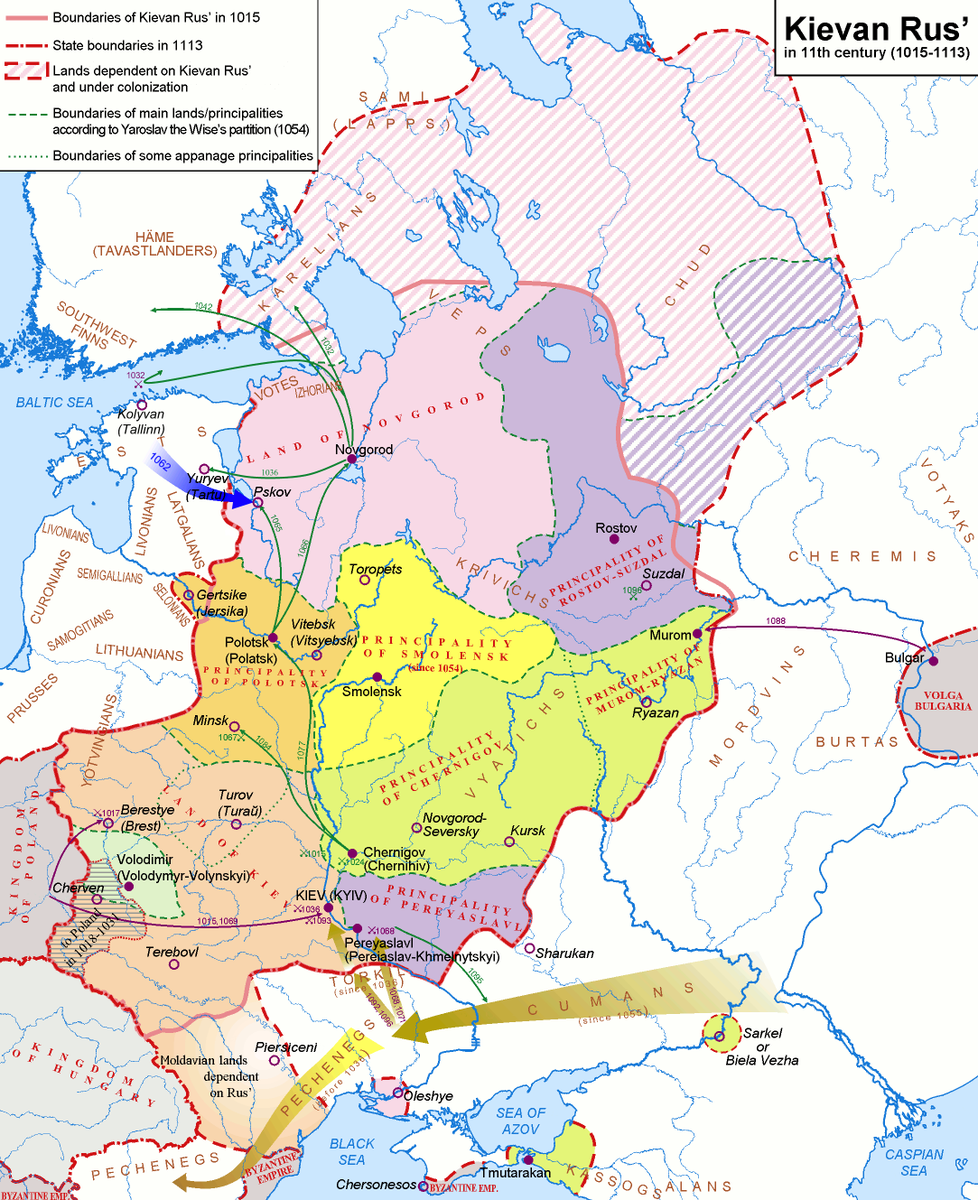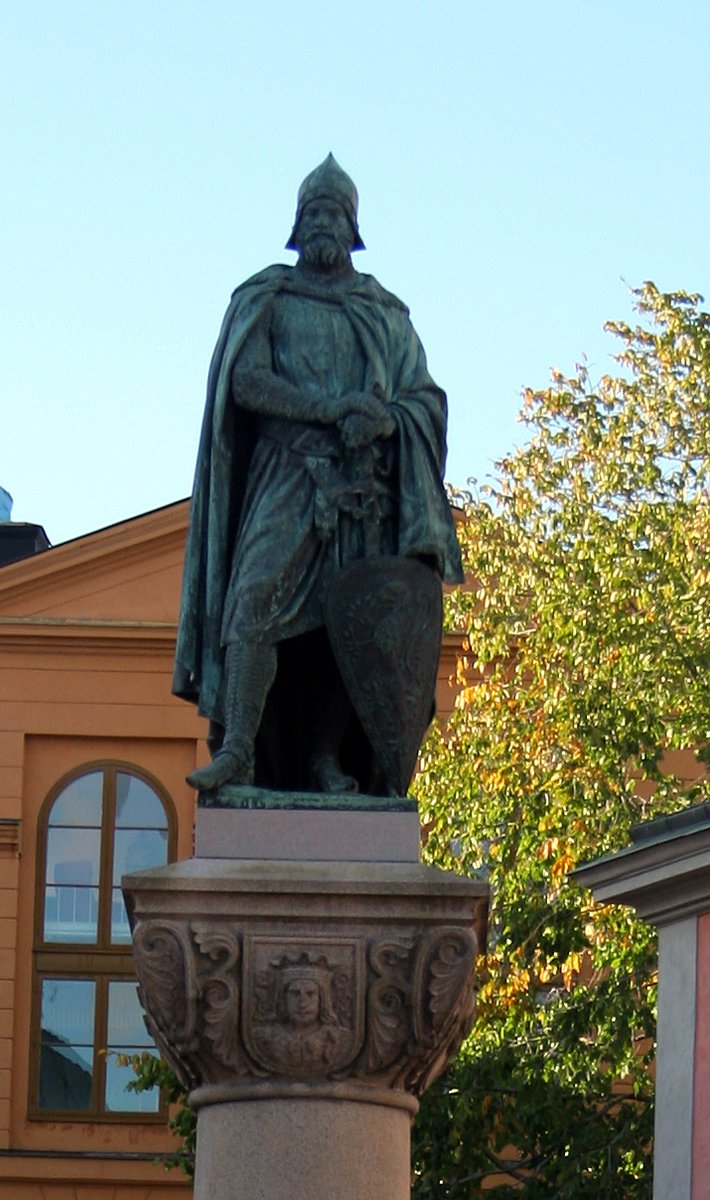A King who gave up his faith (and his wife) for the crown.
But an opportunistic alliance falls flat and the Kingdom loses its once prominent position in Europe permanently.
Story in the evening ...
But an opportunistic alliance falls flat and the Kingdom loses its once prominent position in Europe permanently.
Story in the evening ...
https://twitter.com/Arby_K/status/1440141422498172931
Friedrich August von Sachsen was born in 1670 to Johann Georg von Sachsen and Princess Anna Sophia of Denmark-Norway. In 1680, Johann Georg succeeded as the Elector of Saxony and in 1691, he was succeeded by Friedrich August's elder brother, Johann Georg von Sachsen. 1/10 

In 1693, Friedrich August married Christiane Eberhardine von Brandenburg. The next year, he became Elector on his brother's death. His son, Friedrich August, was born in 1696. The same year Jan Sobieski died and this meant an election in the Polish-Lithuanian Commonwealth. 2/10 

Friedrich August was a candidate but as a Lutheran, he needed to become Catholic. He was also the Director of Protestant body in Imperial Diet. He had no qualms in changing his religion though, but that wasn't enough for victory. He still got the titles with foreign backing. 3/10 

He received the support of Russia and the Habsburgs, and became King taking the name Augustus. The winning candidate, a French Prince, was unable to outmanoeuvre him. In 1699, he gained territory from Ottomans after the conclusion of the Habsburg war against the Ottomans. 4/10 
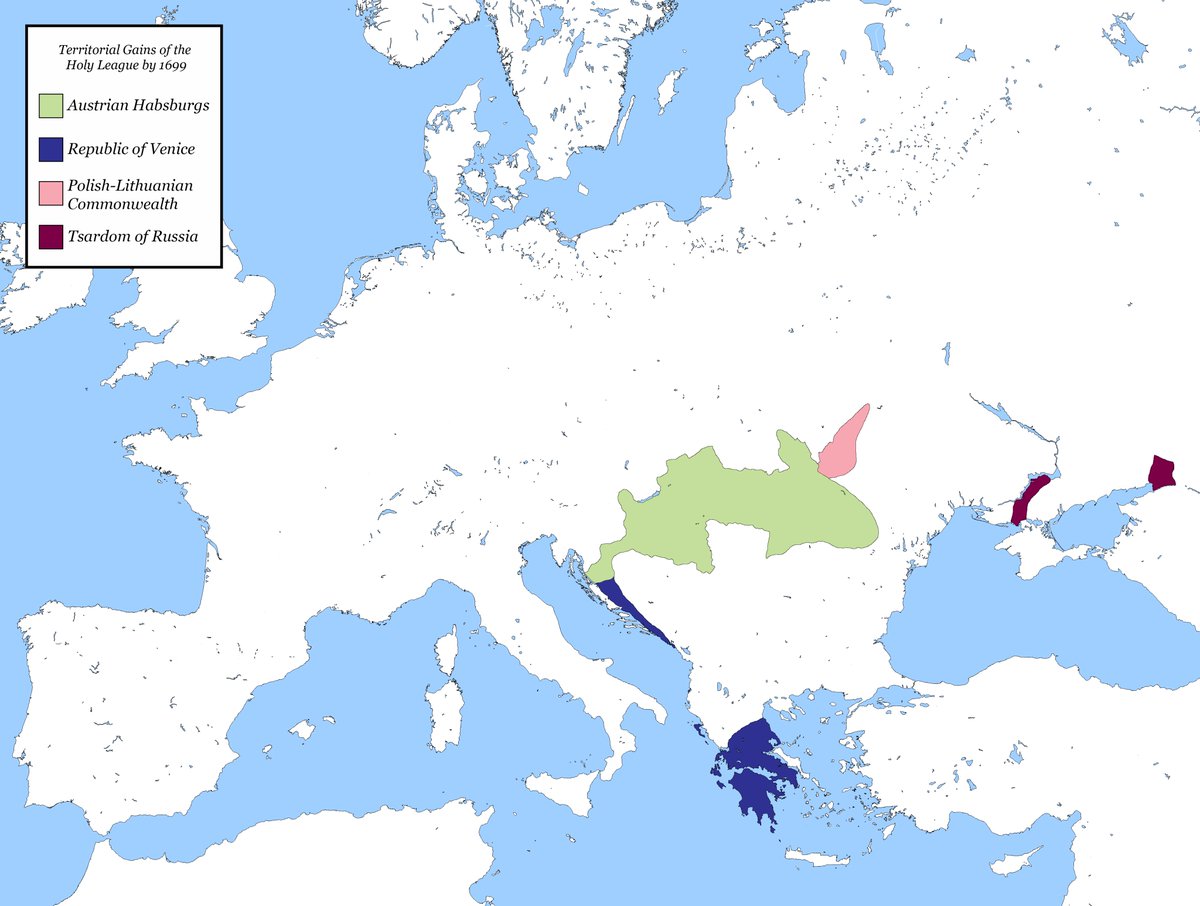
But his wife refused to become Catholic and stayed in Saxony. King Augustus then forged an alliance with Russia and Denmark-Norway eyeing the conquest of the Swedish Baltic. Livonia was earlier part of the Commonwealth while Estonia was part of Denmark. 5/10 
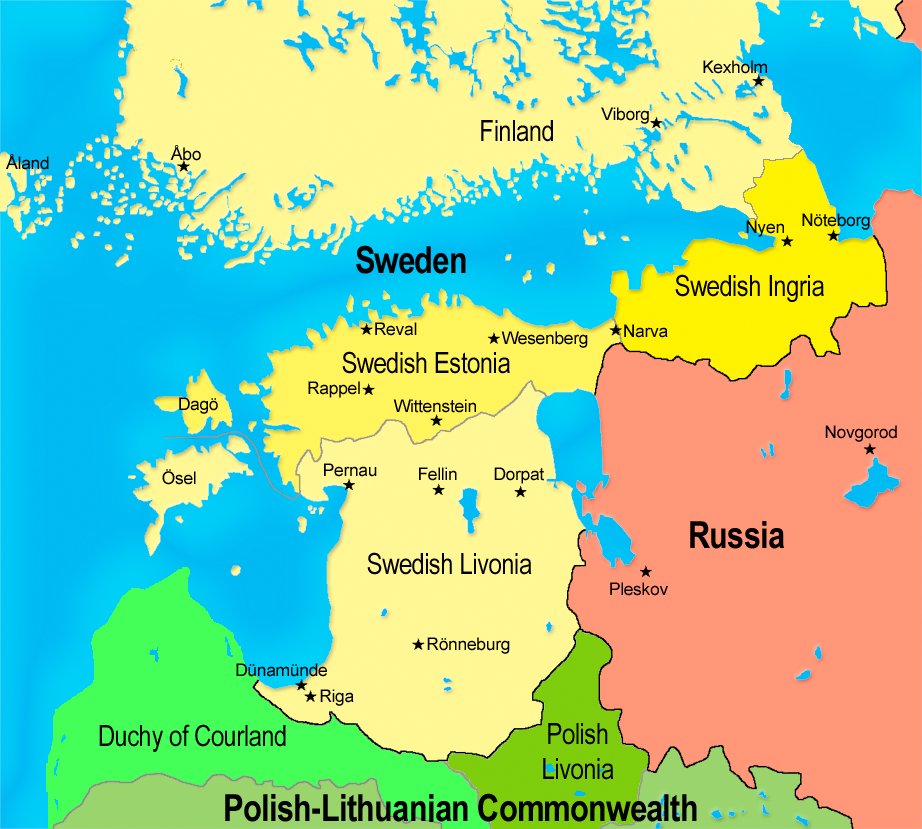
Though the allies had the initial advantage, the 18 year old King Carl of Sweden was up to the mark. After Swedish victory at Narva, the alliance was broken. Pretty soon, Swedish forces were racing through the Commonwealth taking the Lithuanian capital. 6/10 

By 1704, King Carl had enough control over the Commonwealth to remove his cousin, King Augustus, as King and place his own candidate. But the new King's rule was short lived. Augustus returned to power, again with Russian help, in 1709, after they defeated Sweden at Poltava. 7/10 

Russia gained both Livonia and Estonia from Sweden, while Augustus became more and more weaker. Russian influence increased even more after the nobles rebelled in 1717. Though no territory was lost, the once mighty Commonwealth had been reduced to a pale shadow. 8/10 



While he was struggling to keep his crown, King Augustus also funded the first European hard paste porcelain, better known as Meissen or Dresden porcelain. He was a patron of arts, pursued fox tossing, bought a marble skull and allegedly sired 300 children. 9/10 

His only legitimate son, Friedrich August, would also become Catholic, complicating the Protestant body of the Imperial Diet, normally led by Saxon Elector. He would later succeed his father in the Commonwealth as well, but only after a war against the French candidate. 10/10 

• • •
Missing some Tweet in this thread? You can try to
force a refresh


